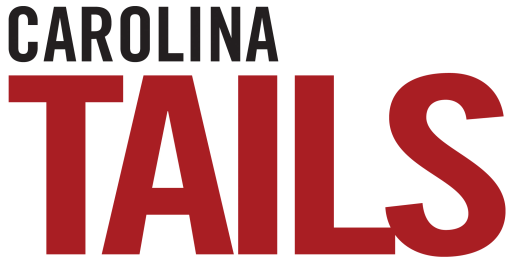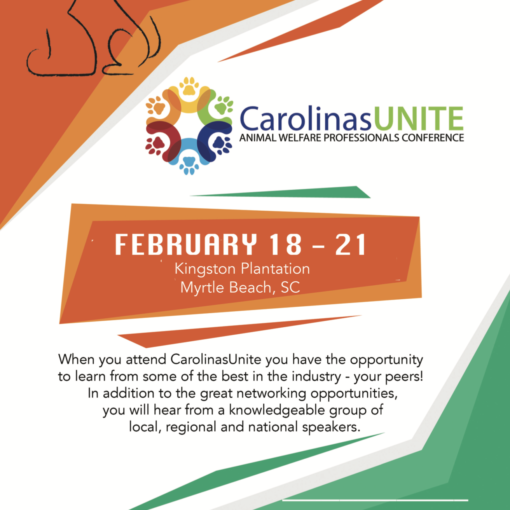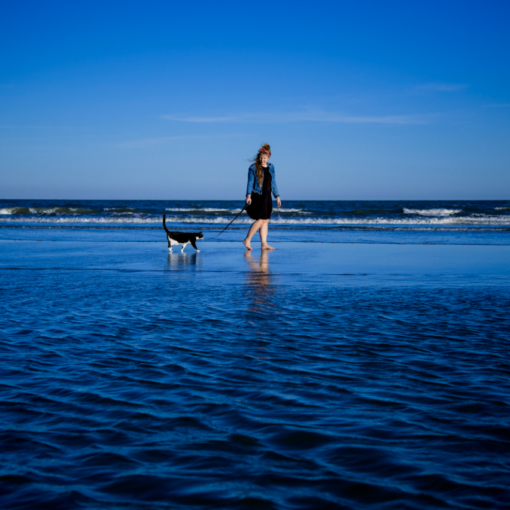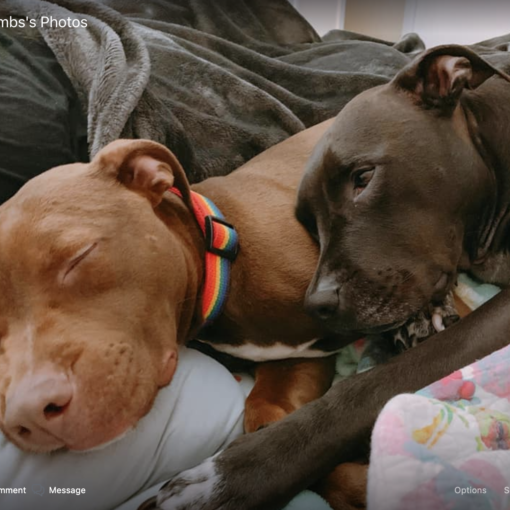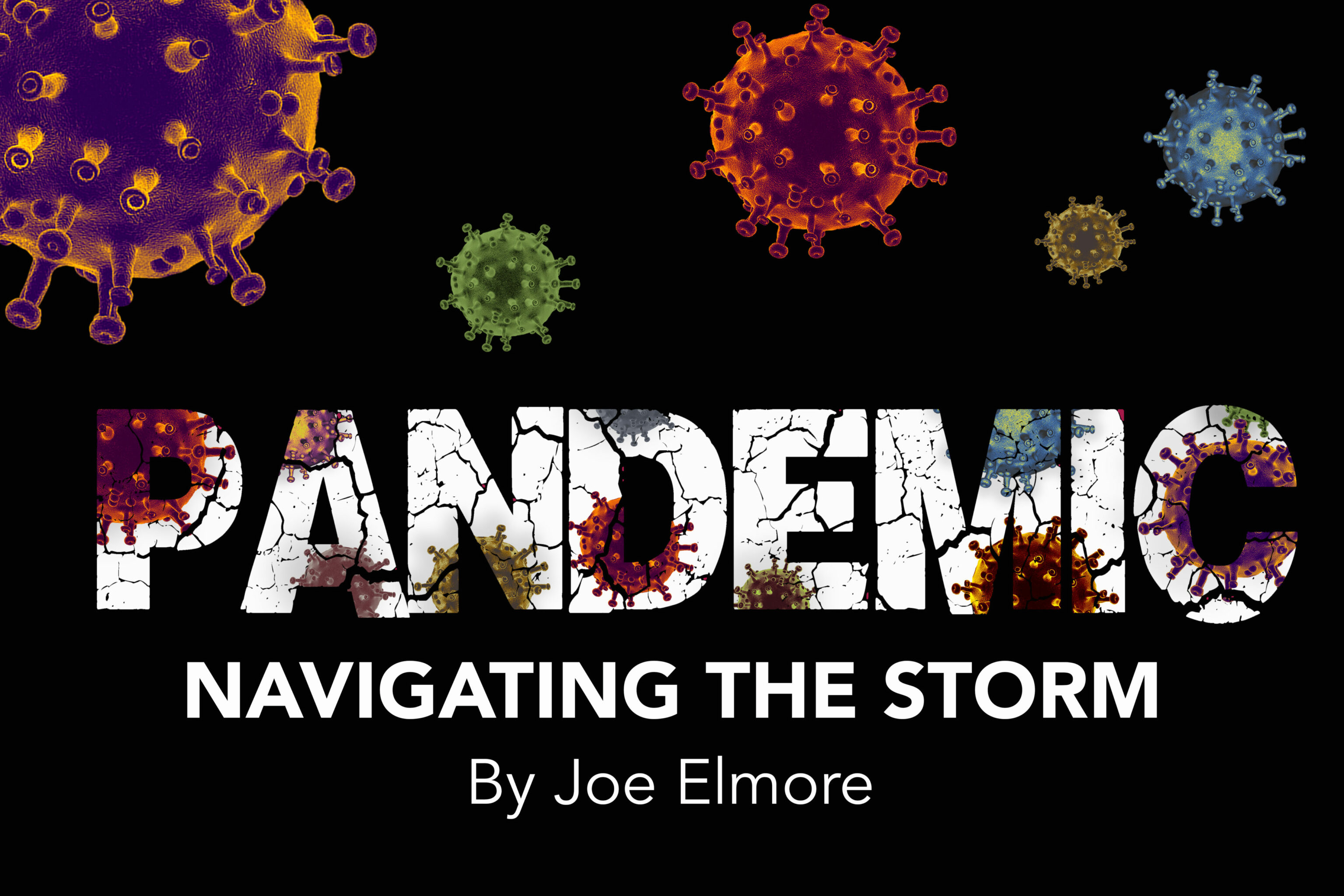
It will get worse before it gets better. How many times in our COVID-19 lives have we heard those words? This “storm” is unprecedented unless you were around during the 1918 Spanish Flu. By the time this publication hits mailboxes, it appears South Carolina will have well surpassed 35,000 cases of COVID-19.
As we approach the peak period of hurricane season (mid- August to mid-October), we’re faced with preparing and planning for evacuations of both people and animals while in the midst of the pandemic and, possibly, flu season.
While all of us are already aware that COVID-19 is harming countless Americans’ physical and mental wellbeing, millions more are suffering financial harm, which is also hitting the charitable sector hard. More Americans are in need of assistance, but fewer are in a financial position to be able to make it happen. According to a mid-April Gallup poll, we are experiencing the lowest percentage of Americans donating money to charity, surpassing the prior low from the Great Recession era. And, America realized a 6% reduction in charitable giving in the 1st quarter.
No debate that this is a challenging time – pandemic, unemployment, economic trauma, social unrest, political polarization, and, of course, a more active than normal projected hurricane season! However, since Charleston Animal Society was founded as the first animal protection organization in South Carolina 146 years ago, our community and state has survived earthquakes, numerous hurricanes and floods, the Spanish Flu, several wars and more.
This message is about hope, not despair. The more informed we are, the better decisions we make, ultimately building confidence and successfully navigating these troubled waters.
Since the outset of the pandemic, Charleston Animal Society has been continuously operating and rescuing our community’s animals – from hamsters to horses! As one of only a handful of accredited animal hospitals in the tri-county area, Charleston Animal Society immediately put additional safety protocols in place as the pandemic threatened our state and responsibly scaled back activities but never closed.
In fact, during the three months of March, April and May, the Animal Society took in approximately 1,000 animals, adopted 600 animals, spayed/neutered 800 animals, vaccinated over 3,300 animals, reunited 150 animals with their families and helped 380 families with over 4,000 pounds of pet food. The Animal Society also provided over 20,000 virtual lessons to kids out of school and assisted a dozen animal organizations around the state with animal supplies. In fact, when the Animal Society heard about the severe shortage of medical supplies at the VA Hospital, we donated supplies to them.
The Animal Society has taken numerous measures to ensure a safe environment for its visitors and others during the pandemic and has implemented a required face mask or covering along with sanitation of hands for all individuals entering the facility. Measures such as these, virtual summer camp and staff facilitating medical appointments by going to customers’ vehicles help us keep both humans and animals safe during the pandemic.
Hurricane Season
As we approach the peak of hurricane season, keeping in mind that we’ve endured six years in a row of presidentially declared disasters, we’ve adjusted our standard guidance for emergency planning for pets and other animals. Prepare, plan and stay informed are the keys to effective response during disasters. This year, we’ve added the additional guidance of preparing earlier and to include all of the supplies that you now have in your household for safely mitigating COVID-19. This additional information/guidance may be found on page 16 and at CharlestonAnimalSociety.org/hurricane.
An important element of effectively responding in a disaster situation, particularly this year, is to participate in Finding Rover, a free app that can be easily downloaded on your smart phone and provides facial recognition technology for both dogs and cats, should they become separated from you for any reason. This is not intended to replace collars and tags or microchips, but it is an additional tool that might be the answer to reuniting with your pet. You can learn more about Finding Rover on page 14.
Social Unrest
As we have seen our community and nation deal with divisions, pain and history over the past couple of months, many difficult conversations have begun. We hope for peaceful dialogue and constructive change however challenging it might be.
Charleston Animal Society has been a leader over the years in bringing all voices to its governing body, the Board of Directors, because diversity and inclusion starts at the top. In fact, the Animal Society included a diversity section in its bylaws in 2016, along with establishing outreach programs to ensure folks in the most vulnerable communities could acquire accessible and affordable veterinary care for their four-legged loved ones.
The Animal Society celebrated these and other accomplishments, but more importantly, recognized many injustices yet to be resolved during its 146th Annual Meeting last January, which was appropriately themed, “Injustice anywhere is a threat to justice everywhere.”
We look forward to continuing building bridges and including all voices in our lifesaving work.
November Elections
As a 501(c)(3) nonprofit organization, Charleston Animal Society is nonpartisan and is not allowed to endorse candidates for elective office; however, nonprofit organizations can educate their constituents and the public on issues along with asking candidates for their positions.
With elections taking place from the local to the federal level in November, the Animal Society plans to identify the most pressing issues affecting the welfare of animals in our community and ask candidates their views and positions on those issues.
Much of what threatens the welfare of animals also threatens the welfare of the environment and vice versa, which is why we have invited Dana Beach, longtime protector of our incredible environment in South Carolina, to share his views in this issue and in our special upcoming election issue this October.
Financial Challenge
With much of the Animal Society’s program and fundraising revenue, which provides for nearly 80% of its income, derailed this year, the struggle to keep above water is daunting. Our major fundraising events, both the 20th Chili Cook-Off and the Gala, have been hit hard as we had to cancel the Chili event and postpone the Gala event.
Each year, we care for upward of 20,000 animals across the Lowcountry and State but primarily in Charleston County, along with delivering 23,000 lessons in compassion to school-aged children. Much of this is threatened by a probable $1 million dollar shortfall this year due to COVID-19.
Our faith endures because of the love each of you has for animals and the lifesaving work of Charleston Animal Society. We will be relying on you more than ever this year so that we can continue to carry out the purpose you have charged us with – preventing cruelty to animals.
With confidence in each other and focus, strategy and dogged determination, we will be successful in navigating this storm.
